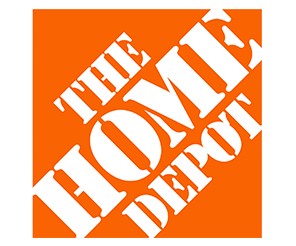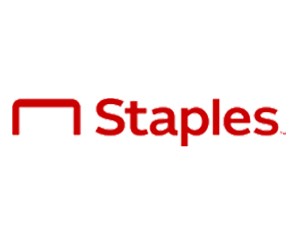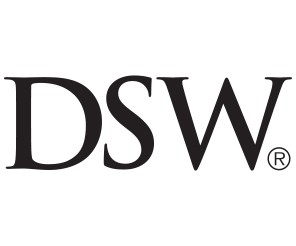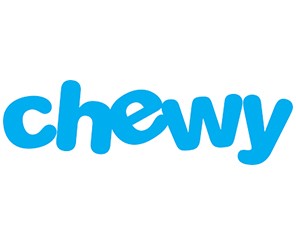US Markets Loading...
h
m
s
Trump's biggest flop ever
Trump Media's DJT stock price has plunged since its SPAC merger. And it's probably going to get worse once Trump himself can sell shares.
Why Americans won't do the one thing that would bring down high prices
People say the economy is bad and everything is too expensive, but they still spend a lot of money anyway.
China is getting a head start on the flying car industry: report
China is pulling ahead in the burgeoning eVTOL industry thanks to help from regulators' quick approvals, the Financial Times reported.
Trump's all-caps, high-octane rage posting is even more intense than it was during his 2016 campaign: report
Donald Trump posts 29 times a day on Truth Social, a Washington Post analysis found.
Video
New Episodes This Week
Tesla's $100,000 Cybertruck needs a hole drilled through the accelerator pedal for safety
A user posted a 35-second video on X of him fixing the gas pedal issue that caused a recent Cybertruck recall.
Céline Dion says she goes to therapy 5 days a week and trains 'like an athlete' as part of her treatment plan
"I hope that we'll find a miracle, a way to cure it with scientific research, but for now I have to learn to live with it," Céline Dion told Vogue France.
As a financial planner, I give my clients 4 tips to make their money last a lifetime
I work with clients who want to make sure their money lasts for their lifetime, but I also remind them to benefit from their money now.
Turkey may soon put its controversial Russian S-400 air defenses in operation
Turkey's S-400 defenses may be deployed for the first time this summer in a move likely to worsen a stand-off with Washington.





